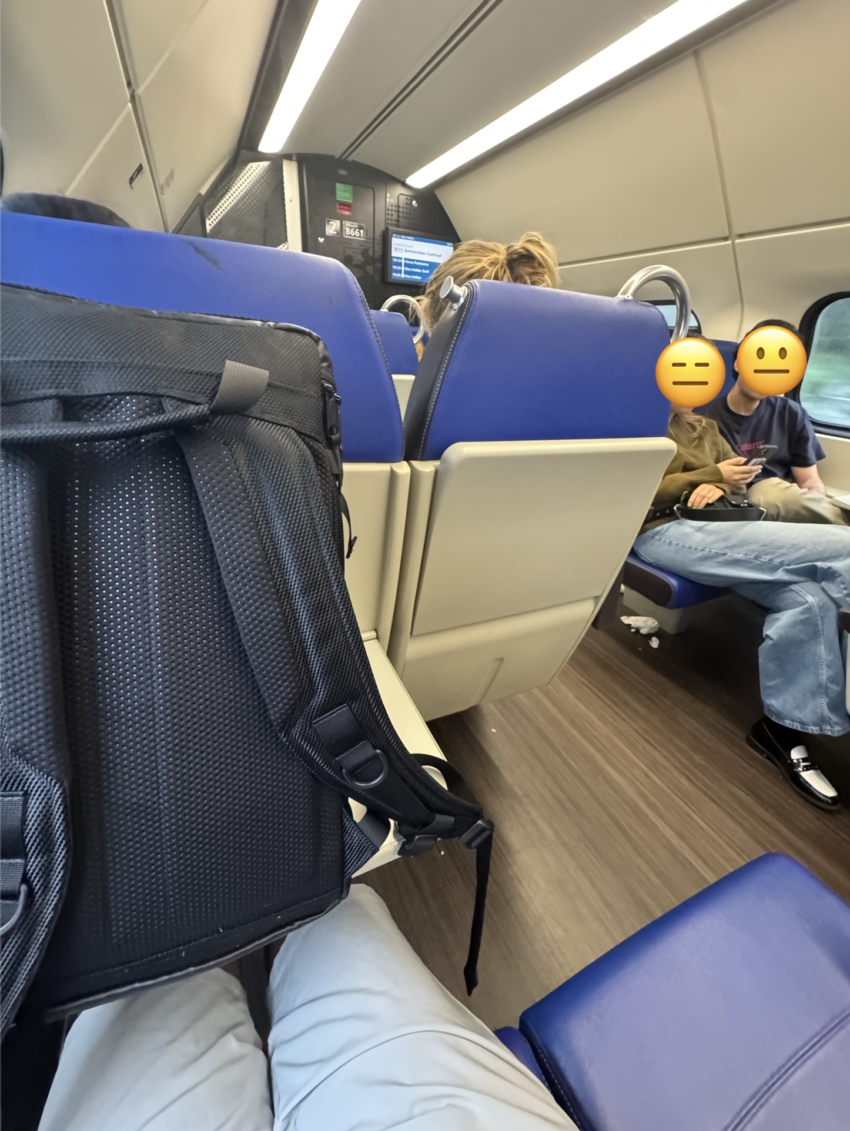On a recent train ride from Utrecht to Amsterdam, I experienced something that I’ve noticed multiple times before: people seemed hesitant to sit next to me. Despite the train being crowded, passengers opted to stand rather than take an empty seat beside me. This seemingly small act was not a one-time occurrence. Similar behavior has happened on trams, leaving me with feelings of exclusion and hurt.
Unfortunately, my experience is not isolated. Subtle forms of racial bias, such as people avoiding sitting near minorities, are part of a broader issue of unconscious discrimination present in Dutch society. While the Netherlands prides itself on being a liberal and tolerant country, people of color regularly face microaggressions in daily life, including in public spaces like transportation.
Understanding Microaggressions and Unconscious Bias
Microaggressions are subtle, often unconscious actions or comments that communicate negative or prejudiced attitudes towards marginalized groups. These can manifest in various ways, including the avoidance of sitting next to someone based on their race or ethnicity. While these actions may not be overtly aggressive, they still contribute to a sense of exclusion and reinforce racial hierarchies.
In the Netherlands, the existence of systemic racism is often denied or downplayed, particularly in public discussions. This reluctance to acknowledge racism stems from the national self-image of the Netherlands as a beacon of tolerance and progressivism. However, research and anecdotal evidence suggest that racial bias, both conscious and unconscious, is embedded in many aspects of Dutch life, including public transport (DutchReview-1), (DutchReview-2).
Public Transportation and the Impact of Racial Bias
Public transportation is one of the most visible arenas where racial bias plays out. Studies have highlighted that ethnic minorities in the Netherlands experience exclusion or differential treatment in various public spaces. In some cases, this manifests as ethnic profiling by law enforcement, but it also extends to daily interactions, such as where people choose to sit on a crowded train (Open Society Foundations).
What I experienced on that train is a reflection of the broader discrimination faced by people of color across the country. This kind of subtle exclusion can have a profound impact on an individual’s sense of belonging and safety in public spaces.
Addressing the Problem
Addressing these issues requires a more open conversation about racism in the Netherlands, including the recognition of unconscious bias and the need for systemic changes. Advocacy groups have been working to raise awareness about these issues and push for policies that combat discrimination in all its forms. These efforts include initiatives to end ethnic profiling and promote inclusivity across public sectors (DutchReview).
While these actions are essential, there is also a need for personal reflection and change. Individuals must challenge their own biases and consider how their actions, even small ones like avoiding a seat next to someone, might contribute to a larger culture of exclusion.
The reluctance of passengers to sit next to me on a crowded train is more than just a personal grievance; it highlights the everyday realities of racial bias in the Netherlands. While these subtle forms of exclusion might seem insignificant to those who don’t experience them, they contribute to a larger pattern of marginalization faced by ethnic minorities.
As we continue to discuss and address racism in Dutch society, it’s essential to confront not only the overt acts of discrimination but also the more subtle, insidious ones that happen in our daily interactions.

